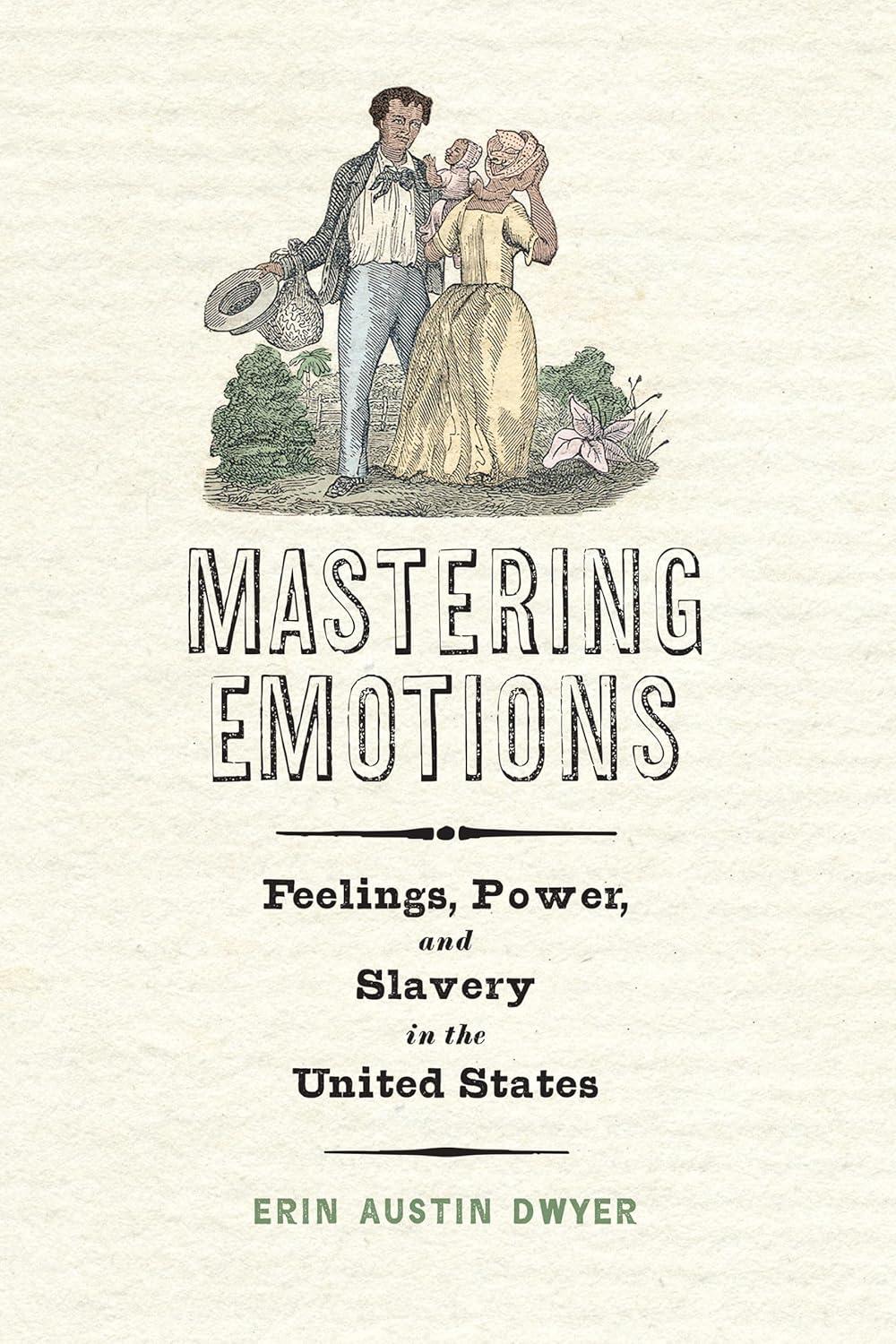Because of the cultural endurance of the “suffering slave” in antislavery texts formerly enslaved authors may have been reluctant to write about feeling unmitigated joy in bondage both because it perpetuated the myth of the happy slave and it defied the rules of the slave narrative genre and thus their abolitionist audience’s expectations. This authorial quandary surfaces in many slave narratives, as most references to happiness during slavery were accompanied by qualifying statements. When chronicling how her grandfather fell in love with an enslaved woman amid the “sorrow and hopeless toil” of bondage, Mattie Jackson did not describe their relationship as one of unadulterated joy; rather, she noted that “they lived as happily as circumstances would permit.” This careful wording insinuated that there were limits to the amount of happiness that was possible during the “hopeless…circumstances” of enslavement.
The notion of circumscribed happiness was often invoked when formerly enslaved people described being sold. To refute both the fantasy of the kind slaveholder and that of the happy slave, authors of slave narratives were explicit that even if their owner changed, any happiness they felt was relative because they remained enslaved. For example, when Solomon Northup, author of Twelve Years a Slave, was sold to a cruel man named Tibeats, Northup stated he was “doomed…to lead no more the comparatively happy life” he had while enslaved by a Mr. Ford, while abolitionist Sella Martin recalled that when his family was bought by Dr. C. that “for three years [they] were as happy as it falls to the lot of slaves to be.” Neither Northup nor Martin unequivocally stated that they had been content in bondage; instead they maintained that any joy they experienced was “comparative,” conditioned upon their enslavement. They could only be “as happy” as enslaved people could be, their potential happiness constrained by “the lot of slaves.”
Frederick Douglass disavowed feelings of joy while in bondage even more forcefully, stressing how dangerous he thought it was to depict unreserved enslaved happiness. Douglass specified that “much of the happiness—or absence of misery” that he felt while enslaved by a Mr. Freeland was due to the “ardent friendship of [his] brother slaves” and the love they bore for one another. Despite these strong, supportive bonds he “hated slavery” so intensely that in the last few years that he was in bondage he was “not only ashamed to be contented in slavery, but ashamed to seem to be contented.” Rather than unconditionally aver that he had felt some joy while enslaved, Douglass tempered his admission of “happiness” by claiming that he had only experienced “the absence of misery” and that the two were not synonymous. Over time Douglass came to see that purported “absence of misery” as false and shameful.

